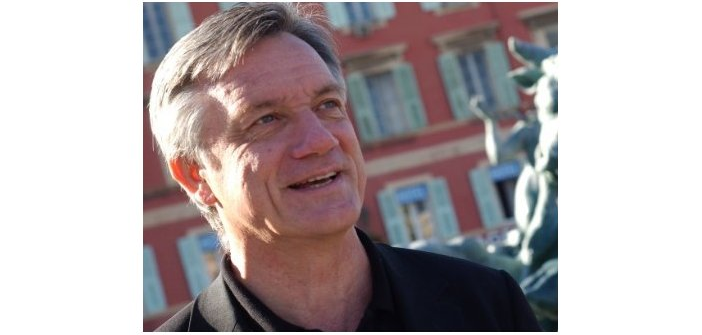Before speaking about 2018, how can we not first mention the extraordinary year 2017. Extraordinary in the literal sense of the term. A year in which the Republic came close to the abyss.
Fortunately, in the end, the voters swept away those dark clouds from the Republic’s sky. And we inherited an atypical President from the outgoing team, but well positioned at the center of the political spectrum.
Since then, we can acknowledge that he embodies the role well, he decides (indecision was the scourge of the previous five-year term), and roughly speaking, the good luck that favored him throughout the campaign has not abandoned him in his first months of presidency. But, as Jules Renard used to say: “There are moments when everything succeeds. Do not be afraid. It will pass.”
And as political leaders, it is our medium- and long-term duty to ponder this inevitably uncertain future. Especially uncertain because the political situation is unprecedented. Indeed, for the first time under the Fifth Republic, the President’s party decided not to be a genuine party.
Yet, while we viewed the Macron adventure favorably (wasn’t it a course at the national level similar to what we had – keeping all proportions in mind, of course – initiated in Nice with Gauche Autrement?), the immense political void it led to can only worry democrats. Nature abhors a vacuum, and so does politics.
It is precisely in this context, where social networks have replaced representative democracy, that the reunification of the Radicals becomes justified. Indeed, when the left-wing radicals unite with those radicals who no longer felt comfortable on the right, it makes sense.
It is because, for us, the Republic needs political parties capable of structuring a project, organizing activism, and training future elected officials. And, of course, to dignifiedly animate the political debate. That the Radical Movement, the oldest party in France, sets the example is symbolic.
Radicalism, this old yet new idea, is necessary for the Republic where it has always been a lively source. At a time when it is attacked from all sides, there is a radical urgency. And here, we should not hide from it; there are sometimes significant divergences with this President whose general approach and courageous stance on Europe we approve of.
We support a Republic proud of its values, fighting uncompromisingly against extremism and its consequence, communitarianism. A Republic that is “always Charlie” and fights for a demanding secularism capable, for example, of calmly yet firmly asking Muslim leaders questions about the place of women in society and the position of politics in relation to religion.
The radicals, since the early 20th century, are solidarists. For them, while it happens that one can be poor by one’s own fault and rich through merit, most of the time – and this is still largely true in our 21st-century society – one must not forget that being rich or poor is often due to social determinism. Solidarism, the political affirmation of solidarity in all its forms, cannot find satisfaction in an economic policy whose balance tilts too much toward the powerful.
We can also ponder the nagging issue of migrants. Yes, the President is right to distinguish between political asylum and economic migration. If only to fully pursue the logic of refugee integration with generosity. However, the issue of economic immigration must also be dealt with in line with our humanist values. It’s also, when considering the medium and long term, a question of pragmatism.
The radicals, as part of their DNA, have always been at the forefront of so-called “societal” issues. I will only mention two.
First, euthanasia, and then soft drugs and even drugs in general, for which it is necessary to end the hypocrisy.
The radicals will be there to remind us of this.
Patrick Mottard (Radical Social and Liberal Movement – president of PRG06)


